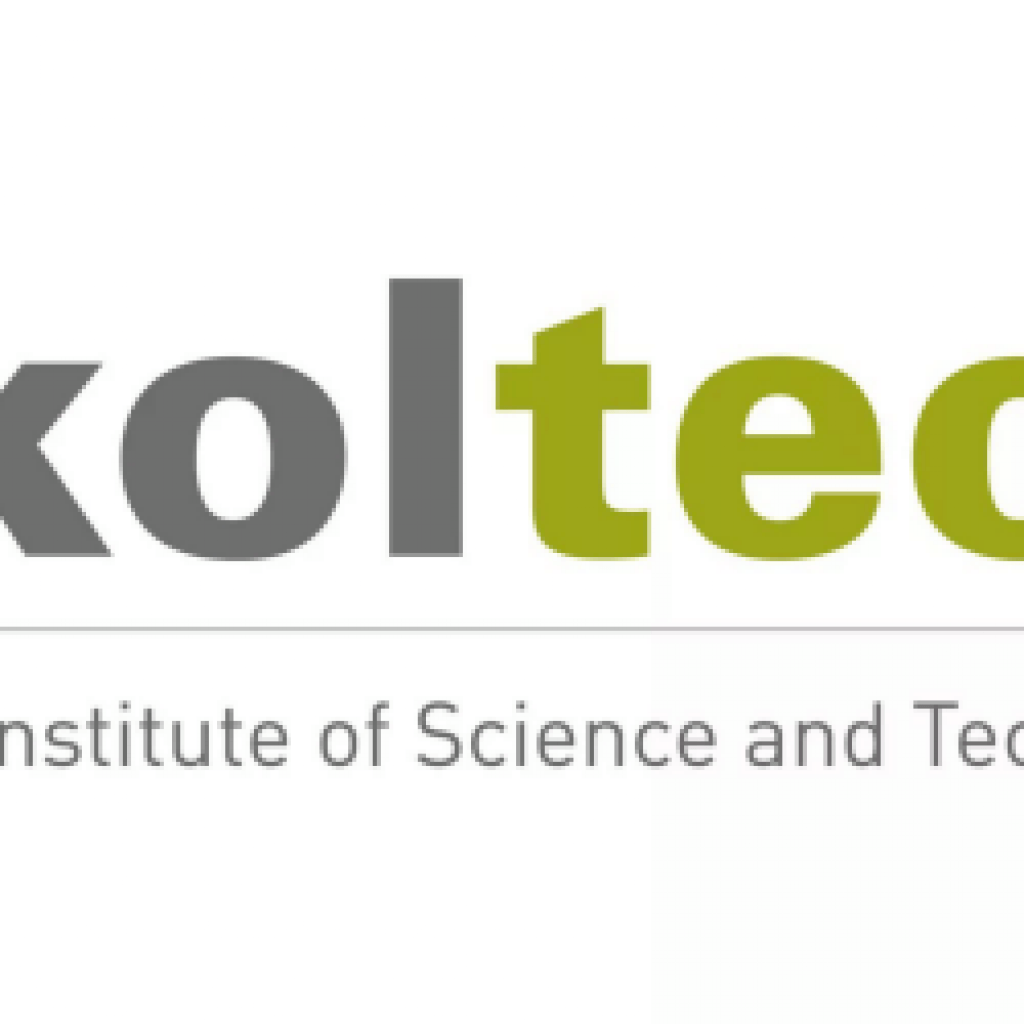(APS.org) Researchers at Russia’s Skolkovo Institute of Science and Technology have proposed a variational quantum algorithm which merges quantum simulation and quantum machine learning to classify phases of matter.
Machine learning has emerged as a promising approach to unveil properties of many-body systems. Recently proposed as a tool to classify phases of matter, the approach relies on classical simulation methods—such as Monte Carlo—which are known to experience an exponential slowdown when simulating certain quantum systems. The Skolkovo researchers sought to overcome this slowdown while still leveraging machine learning.
The classifier is directly fed labeled states recovered by the variational quantum eigensolver algorithm, thereby avoiding the data-reading slowdown experienced in many applications of quantum enhanced machine learning. We propose families of variational ansatz states that are inspired directly by tensor networks. This allows us to use tools from tensor network theory to explain properties of the phase diagrams the presented quantum algorithm recovers. Finally, we propose a majority vote quantum classifier built from a nearest-neighbor (checkerboard) quantum neural network. This classifier is successfully trained to recognize phases of matter with 99% accuracy for the transverse field Ising model and 94% accuracy for the XXZ model. These findings suggest that a merger between quantum simulation and quantum enhanced machine learning offers a fertile ground to develop computational insights into quantum systems.
Russian Scientists Propose Quantum Algorithm Merges Quantum Simulation & Quantum Machine Learning
